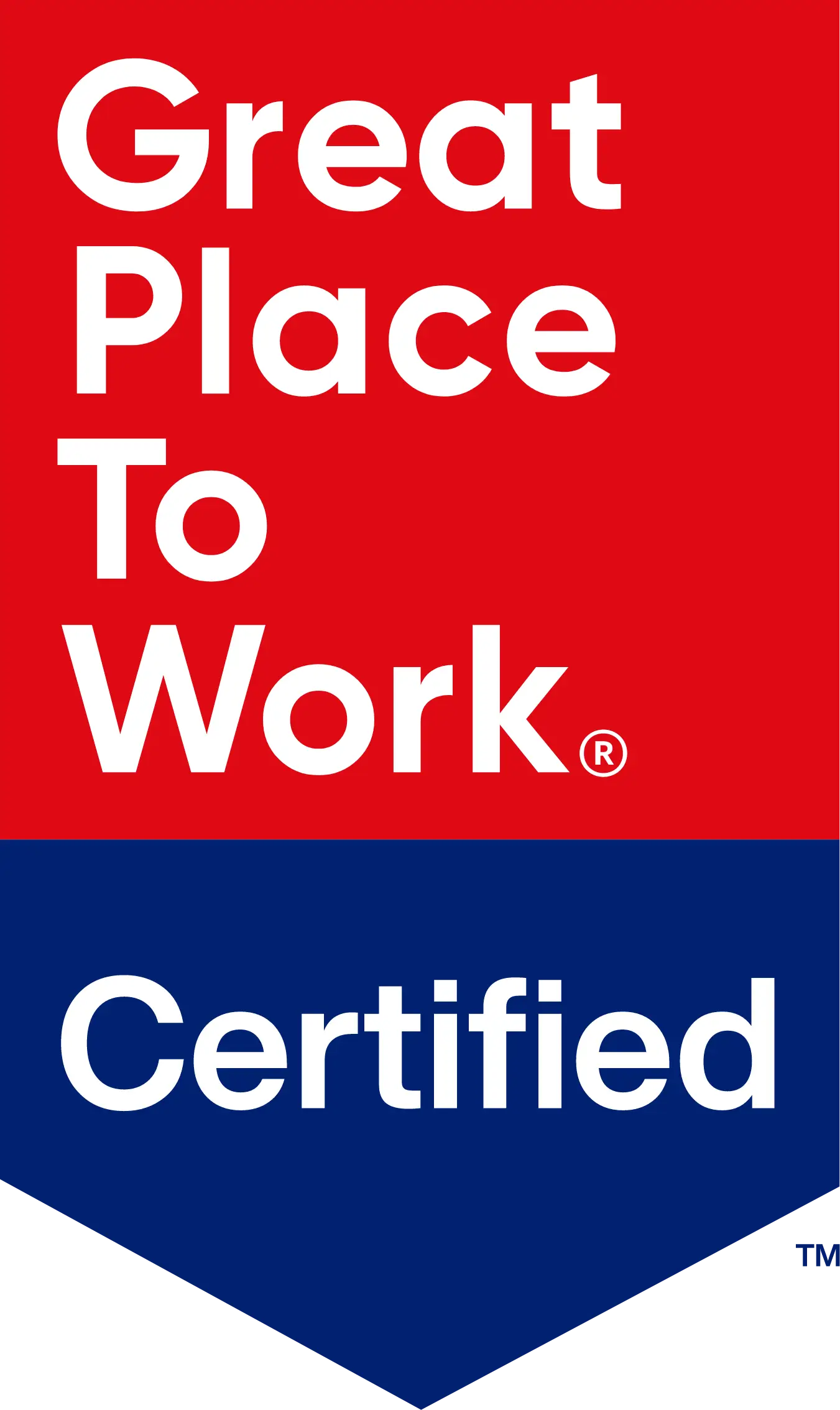
Share
Retail in 2025: Top 5 Tech Trends
The retail landscape has been undergoing a constant evolution! The secret is to not just keep up with the trends but lead the change. Forget dusty shelves and clunky chains; today’s game is won with smart tech. But tech is all about solving real problems like shrinking profit margins from inventory woes, shaky supply chains spanning the globe, and much more. It is imperative that businesses address these problems with smart and practical tech solutions and deliver real results. Here are the top 5 retail technology trends for businesses to achieve real, measurable results and stay ahead of the curve!
-
The Artificial Intelligence (AI) Wave
Beyond the world of one-size-fits-all approaches and traditional personalization, AI, one of the emerging technologies in retail, is transforming shopping into a mind-reading experience, anticipating every need of customers! Through real-time data, advanced data analytics, loyalty programs, personalized marketing campaigns, and much more, hyper-personalization is about creating highly tailored experiences, product recommendations, dynamic pricing, offers, and discounts for shoppers.
Right from Walmart’s AI playing the role of party planner and Sephora with personalization at the crux of both offline and online shopping experiences to Albertsons Companies’ “Just for U” program offering personalized discounts and product recommendations, and Tesco’s iconic loyalty program called Clubcard in grocery retail; hyper-personalization is making great strides in the retail landscape.
Besides hyper-personalization, retailers have been using AI-powered demand forecasting systems, self-checkout technologies, sentiment analysis and review management systems, Generative AI-based applications, and many other innovations, placing AI as a cornerstone for retail landscapes. -
Augmented Retail (AR)
In the last few years, AR has been outshining as a reliable engagement tool for shoppers. Ensuring consistency, product visibility, sales, inventory management, and much more, 3D planograms using AR help retailers to a great deal. With the right supporting devices and advanced displays, this technology enables retailers to stay more efficient with planogram setups.
The other most widely used application of AR in retail is virtual try on, which helps customers in choosing the right product of their choice. Right from virtual dressing rooms, in-store AR mirrors, digital catalogues, smart shelves, and interactive displays to 3D product inspections and in-store navigation, AR is making digital shopping feel more real and much better!
While brands like Sephora, L'Oréal, and Warby Parker are widely using AR makeup try-on applications and Nike app's Nike Fit feature to choose the right shoes, others like Ikea and Home Depot are using AR apps to visualize furniture in their spaces. -
Application Modernization
It’s time to upgrade your existing retail software as application modernization has been quite important in recent times. While legacy systems are easily subjected to maintenance costs, limited scalability, incompatibility, lack of security, difficulty in modifications, high service costs, and other challenges, leveraging advanced technologies including AI, AR, omnichannel commerce, and others might be a tedious task. During the application modernization process, it is essential for businesses to analyze each legacy app, its code quality, timeframes, budget, libraries, and other factors, and choose the right approach among application rehosting, replatforming, rearchitecting, reengineering, retirement, and others.
Retal giants like Walmart are heavily utilizing application modernization by investing in AI technologies, tech giants like Google are transforming around 90% of all applications on Google Cloud Platform (GCP) to be cloud-native, financial institutions like JPMorgan Chase are updating its applications to more effectively use cloud capabilities, and airlines like Southwest Airlines hold a three-year plan to modernize its operations and boost profitability. -
Social Media Commerce
Social media is no longer a mere marketing channel! Platforms like TikTok Shop, Facebook Shops, and Instagram Checkout are reshaping the retail landscape to a greater extent, thus monetizing influence. While TikTok Shop integrates real-time analytics for sellers and offers one-click purchasing, Facebook Shops are equipped with AI-driven product recommendations and personalized storefronts, and Instagram Checkout is streamlined with advanced payment options, including cryptocurrency.
When shopping online, consumers do a lot of research, investigate two or more websites, and tend to trust a non-celebrity micro-influencer’s product review or promotion over a traditional advertisement. Most interestingly, brands that partner with these influencers are able to easily promote their products and generate higher revenues.
To further capitalize on social media commerce, it is essential for businesses to have their products available on popular social media platforms, understand their target demographic and their interests, and research on the influencers that impact them the most to kickstart partnerships with them. -
Sustainability
Beyond the concept of a mere initiative, sustainability currently stands out as an efficient business model in retail. Right from developing eco-friendly supply chains to offering climate-conscious products and tracking their carbon footprint, creating circular economy business models and experimenting with climate-responsive pricing; retailers have been taking sustainability to greater heights. With the integration of AI, retailers can easily source products from sustainable suppliers, optimize delivery routes and reduce carbon emissions, implement AI-driven inventory management, offer tools to customers that can calculate environmental impact of their purchases, and much more!
Brands like Walmart deploying AI to improve the quality and flow of produce from farm to shelf, EcoVadis being the leading sustainability intelligence platform for global supply chains, IBM’s Food Trust leveraging Blockchain to trace food from farm to shelf, Amazon Go using IoT-powered smart tags for smart waste management, and many others bring the best worlds of technology and sustainability to the table.
The Road Ahead
In today's rapidly changing retail landscape, success hinges on a delicate balance: cutting-edge innovation tempered by real-world practicality. Retailers are not only navigating evolving consumer values and business models but also driving these very changes. Ultimately, the future of retail is all about crafting seamless customer experiences and building lasting trust.
 Back
Back














 Linkedin
Linkedin








